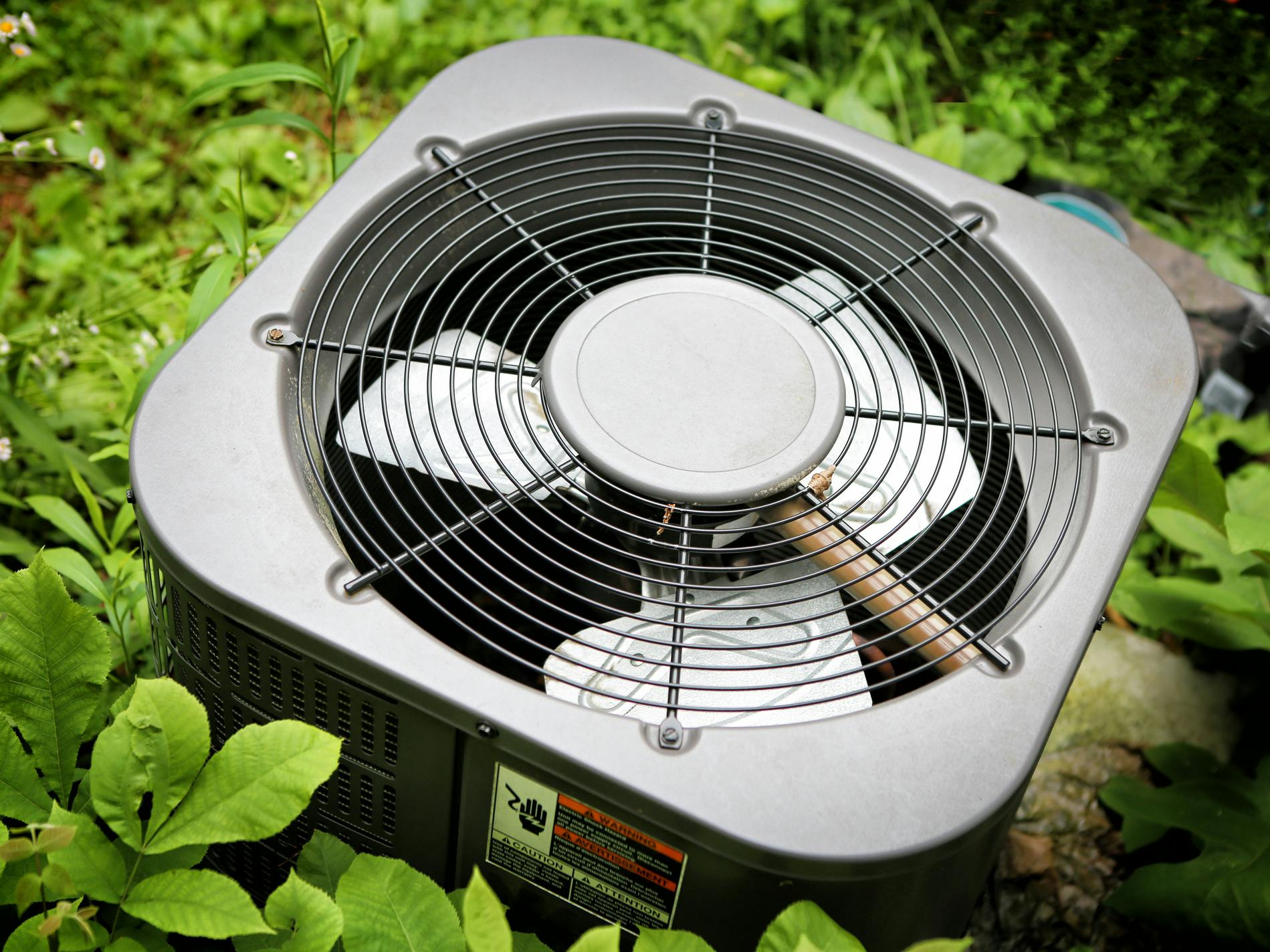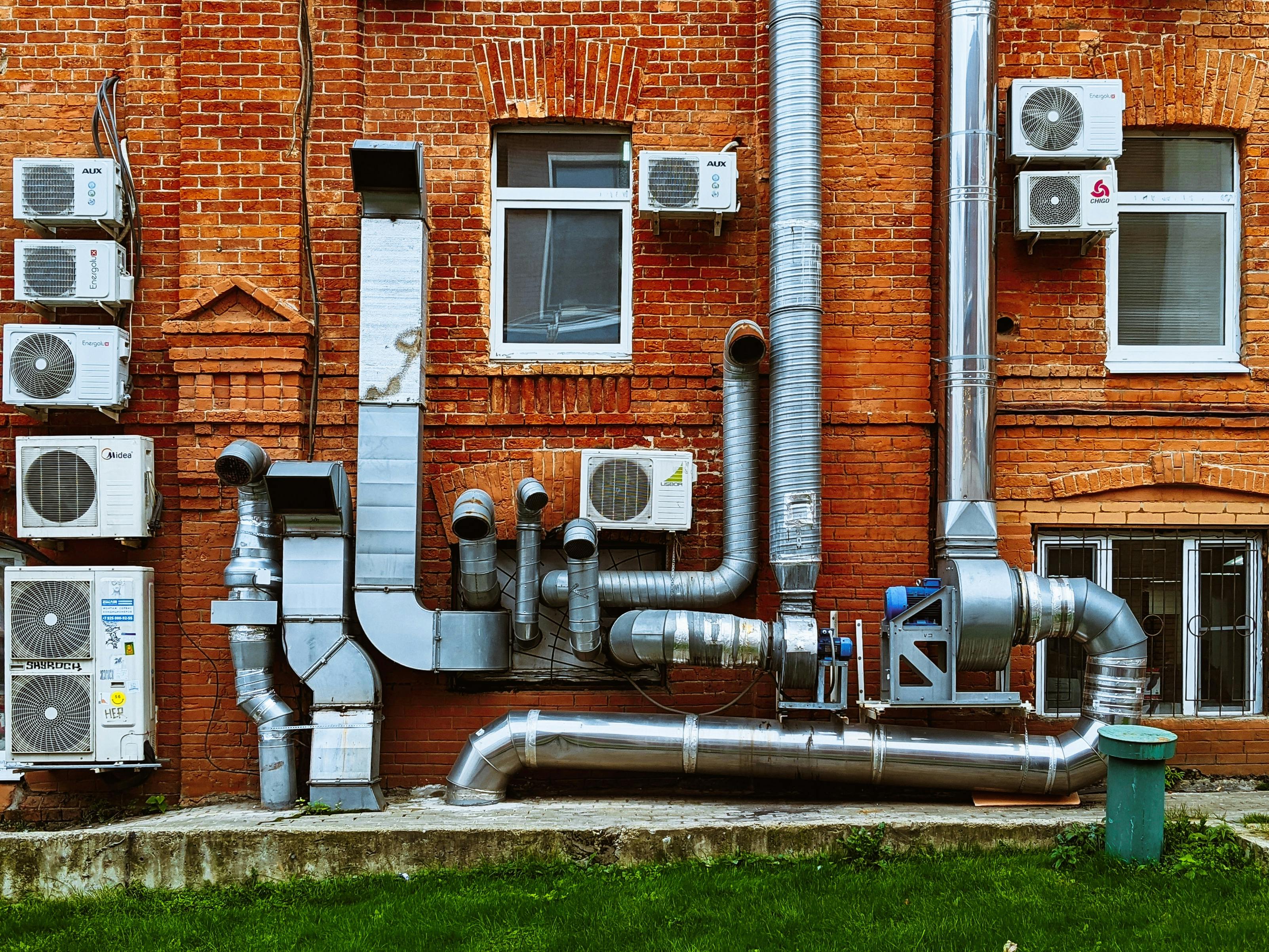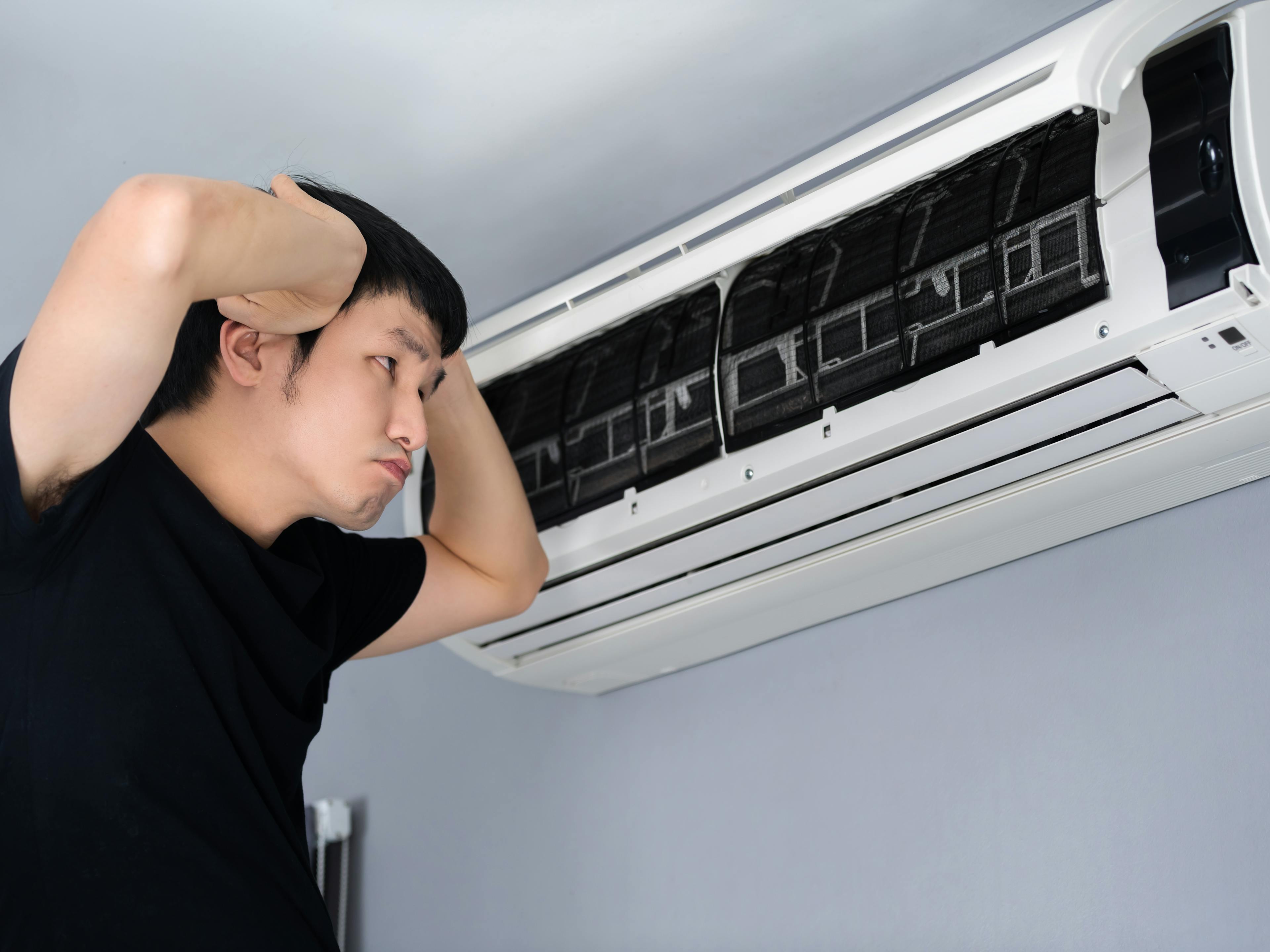Energy-Efficient HVAC Systems: Unlocking Savings and Sustainability

In today's rapidly evolving world, the demand for energy-efficient solutions is higher than ever. As concerns about climate change and rising energy costs persist, people are increasingly seeking ways to reduce their carbon footprint and save money on utility bills. Among the numerous energy-consuming systems in buildings, HVAC (Heating, Ventilation, and Air Conditioning) systems play a pivotal role. In this article, we will explore the highly searched HVAC topic of energy-efficient systems and their significant impact on both sustainability and cost savings.
Understanding Energy Efficiency in HVAC Systems
HVAC systems are responsible for a substantial portion of a building's energy consumption. Energy-efficient HVAC systems are designed to minimize energy waste while maintaining optimum comfort levels. They achieve this through various technologies, such as advanced sensors, smart thermostats, variable-speed motors, and improved insulation.
Benefits of Energy-Efficient HVAC Systems
- Reduced Energy Consumption: Energy-efficient HVAC systems can significantly reduce energy consumption compared to traditional systems. By leveraging innovative technologies like heat recovery, improved air circulation, and precise temperature control, these systems maximize energy efficiency, leading to lower utility bills.
- Cost Savings: Lower energy consumption directly translates into cost savings. Energy-efficient HVAC systems may require a higher upfront investment, but the long-term operational savings can offset the initial costs. Additionally, government incentives and utility rebate programs can further incentivize the adoption of energy-efficient systems.
- Environmental Impact: HVAC systems are major contributors to greenhouse gas emissions. Energy-efficient systems help mitigate this impact by reducing energy consumption, thereby decreasing carbon dioxide emissions. By adopting sustainable HVAC solutions, individuals and organizations can contribute to a greener future and combat climate change.
Key Features and Technologies
- High SEER (Seasonal Energy Efficiency Ratio): SEER is a measure of the cooling output of an air conditioner over a typical cooling season divided by the total electric energy input during the same period. A higher SEER rating indicates greater energy efficiency.
- Programmable and Smart Thermostats: These advanced thermostats allow precise control over temperature settings, optimizing energy usage by adjusting HVAC operation based on occupancy and time schedules. Some smart thermostats can even learn users' preferences and adjust settings accordingly.
- Variable Refrigerant Flow (VRF) Systems: VRF systems offer enhanced energy efficiency by enabling precise temperature control in different zones or rooms. These systems adjust refrigerant flow to meet specific heating or cooling demands, reducing energy waste.
- Heat Recovery Ventilation (HRV) and Energy Recovery Ventilation (ERV): These ventilation systems improve indoor air quality while minimizing energy loss. HRVs and ERVs recover heat or coolness from outgoing air and transfer it to incoming fresh air, reducing the need for additional heating or cooling.
Tips for Optimizing HVAC Efficiency
- Regular Maintenance: Schedule routine maintenance checks for your HVAC system to ensure it operates at peak efficiency. This includes cleaning or replacing filters, inspecting ductwork, and ensuring proper refrigerant levels.
- Proper Insulation: Adequate insulation in walls, floors, and attics helps prevent energy loss and maintain desired indoor temperatures. Properly sealed windows and doors also contribute to improved energy efficiency.
- Zoning and Occupancy Sensors: Implementing zoning systems and occupancy sensors allows for customized temperature control in different areas based on occupancy, reducing unnecessary cooling or heating.
Conclusion
Energy-efficient HVAC systems offer a multitude of benefits, from reduced energy consumption and cost savings to a positive environmental impact. By adopting advanced technologies and following energy optimization practices, individuals and organizations can contribute to a more sustainable future while enjoying increased comfort and financial savings. Embracing energy-efficient HVAC systems is a smart investment that improves both our personal well-being and the health of our planet.
Related Blogs Posts

Mastering HVAC Systems: A Comprehensive Guide

10 Common HVAC Problems and How to Troubleshoot Them
